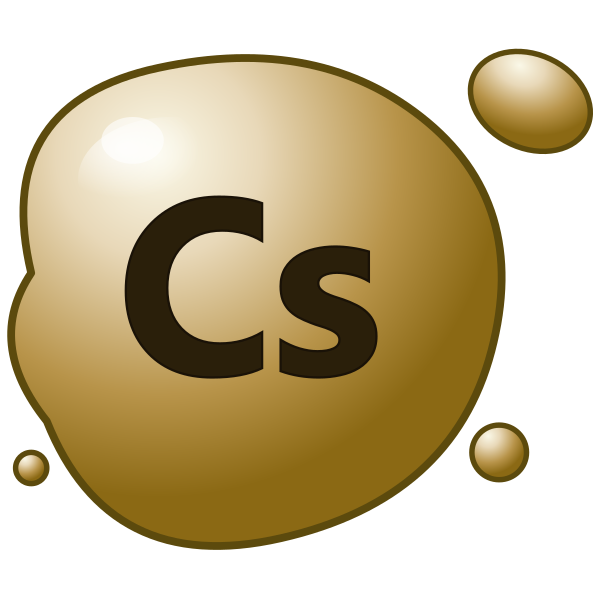Struct Definition and Usage
Basic Struct Definition
struct Point {
f64 x = 0.0;
f64 y = 0.0;
private f64 internal_id; // accessible to subclasses
secret f64 truly_private; // not accessible to subclasses
// Constructor
Point(f64 px, f64 py) {
x = px;
y = py;
internal_id = generate_id();
}
// Destructor
destruct Point() {
cleanup_resources();
}
// Static method
static Point = origin() {
return Point(0.0, 0.0);
}
// Instance method
f64 = distance_from_origin() {
return ::(x^2 + y^2); // sqrt of sum of squares
}
// Method with mutable access
void = translate(f64 dx, f64 dy) {
x += dx;
y += dy;
}
}
Usage
Point p1(3.0, 4.0);
Point origin = Point.origin(); // static method call
f64 dist = p1.distance_from_origin();
p1.translate(1.0, -1.0);
Inheritance
Single Inheritance
// Single inheritance
struct Point3D(Point) {
f64 z = 0.0;
Point3D(f64 px, f64 py, f64 pz) {
super Point(px, py); // call parent constructor
z = pz;
}
destruct Point3D() {
// local cleanup
super ~Point(); // call parent destructor
}
// Override parent method
f64 = distance_from_origin() {
return ::(x^2 + y^2 + z^2);
}
}
Multiple Inheritance
// Multiple inheritance
struct ColoredPoint(Point, Colored) {
ColoredPoint(f64 x, f64 y, Color c) {
super Point(x, y); // left-to-right constructor calls
super Colored(c);
}
// Method resolution override (use Point's version instead of Colored's)
str = Point.to_string;
}
Properties
Property Definition
struct Circle {
private f64 radius;
// Getter property
f64 = property area() {
return 3.14159 * radius^2;
}
// Setter property (returns assigned value for chaining)
f64 = property.set radius(f64 r) {
assert(r >= 0.0);
this.radius = r;
return r; // enables: x = circle.radius = 5.0
}
// Read-only property (getter only)
f64 = property circumference() {
return 2.0 * 3.14159 * radius;
}
}
Property Usage
Circle c;
c.radius = 5.0; // calls setter
f64 area = c.area; // calls getter
// c.circumference = 10.0; // error: read-only property
Traits and Implementation
Defining Traits
// Define trait interface
trait Drawable {
void = draw();
void = resize(f64 scale);
// Default implementation
void = highlight() {
printf("Highlighting drawable object\n");
}
}
trait Comparable {
i32 = compare(type other); // type refers to implementing type
}
Implementing Traits
// Implement traits for types
impl Drawable(Circle) {
void = draw() {
printf("Drawing circle with radius {}\n", this.radius);
}
void = resize(f64 scale) {
this.radius *= scale;
}
// highlight() uses default implementation
}
impl Comparable(Circle) {
i32 = compare(Circle other) {
if (this.radius < other.radius) return -1;
if (this.radius > other.radius) return 1;
return 0;
}
}
Generic Functions with Traits
// Generic functions using traits
generic<Drawable T> void = render_object(T obj) {
obj.draw();
obj.highlight();
}
Access Modifiers
| Modifier | Visibility |
|---|
| (default) | Public - accessible everywhere |
private | Module-scoped - accessible within the same module |
secret | Class-scoped - accessible only within the class/struct |
Method Types
- Instance methods: Access
this implicitly
- Static methods: No
this parameter, called on type
- Properties: Special methods for field-like access
- Constructors: Named same as struct, initialize instances
- Destructors: Called automatically when object is destroyed
 Cesium
Cesium